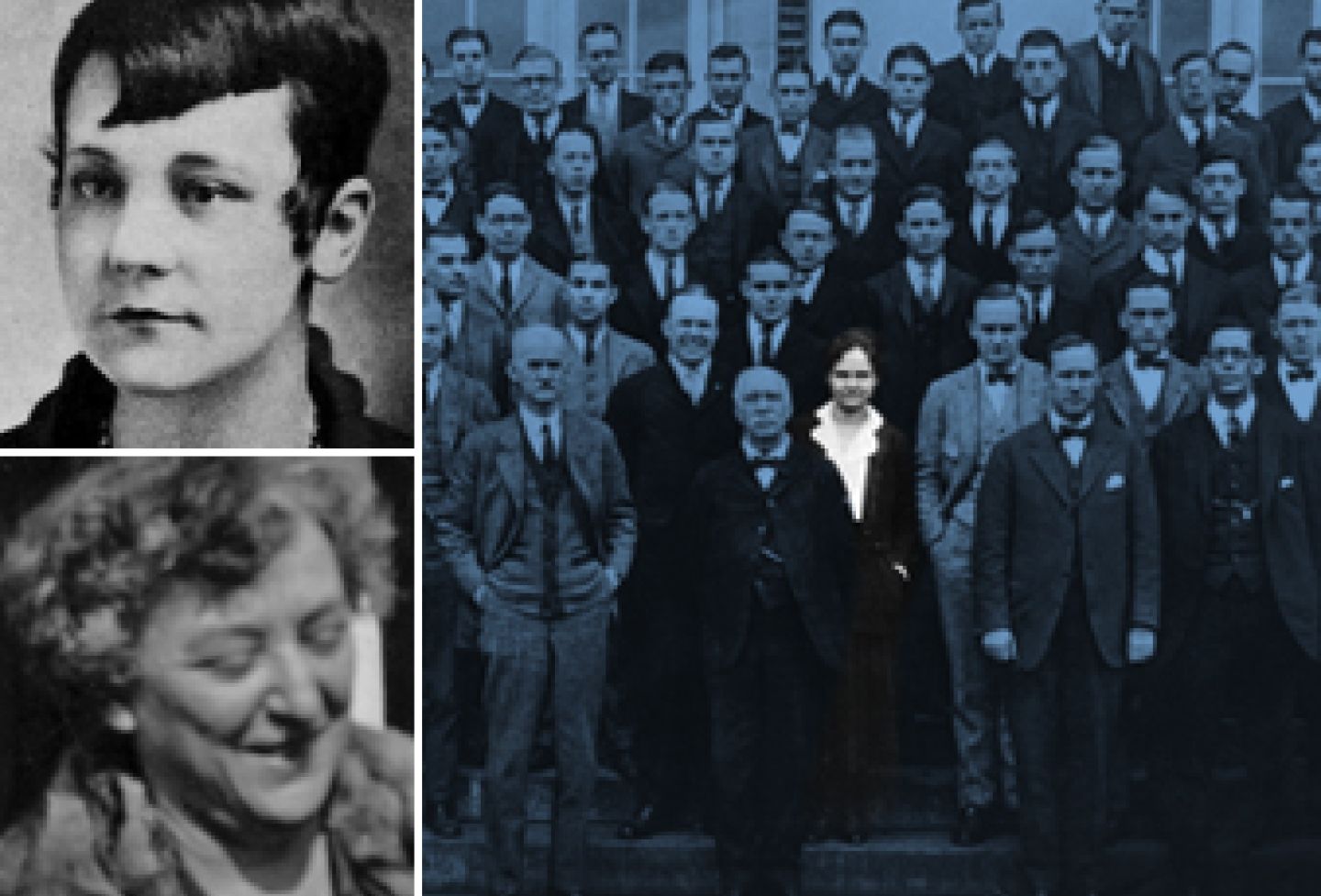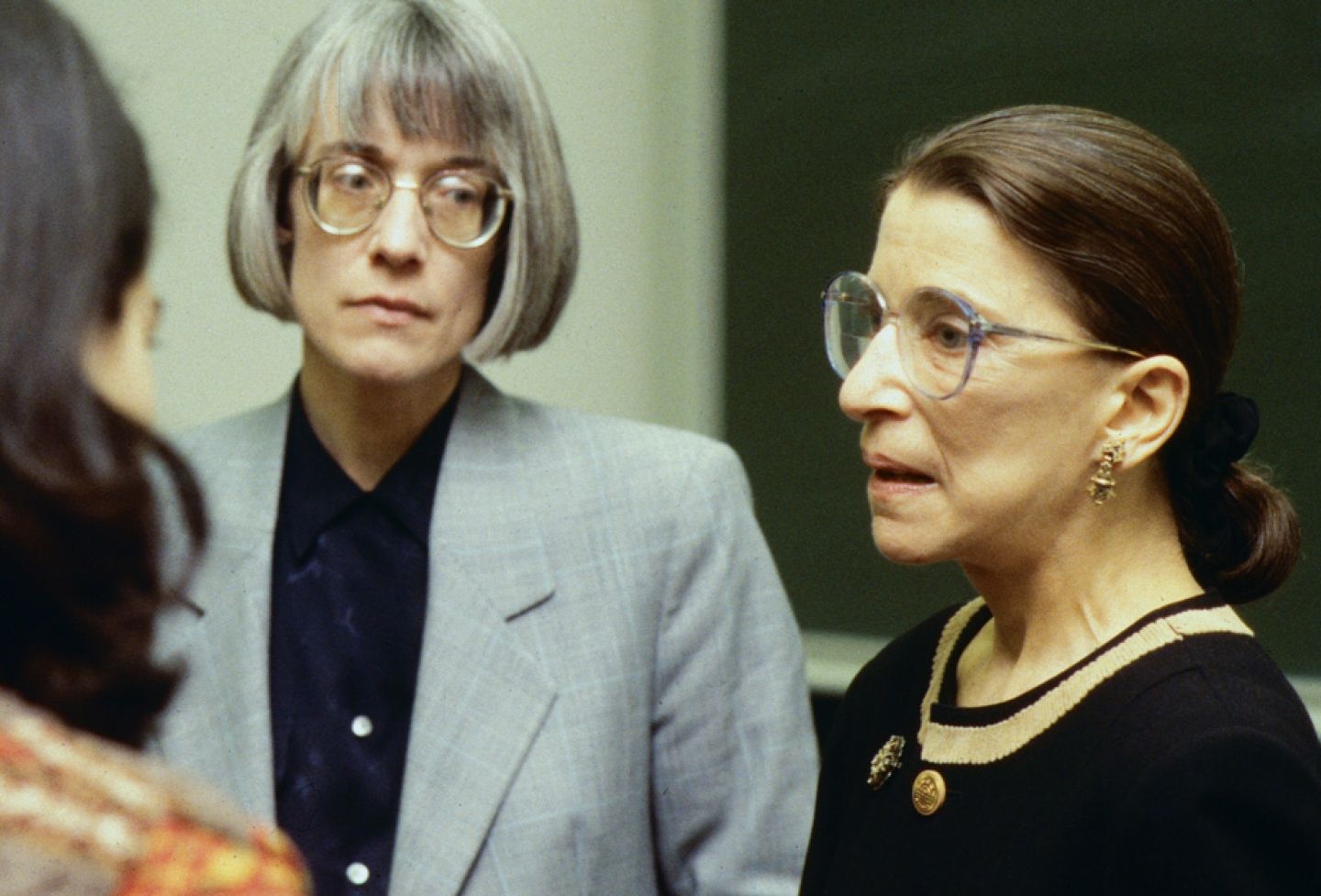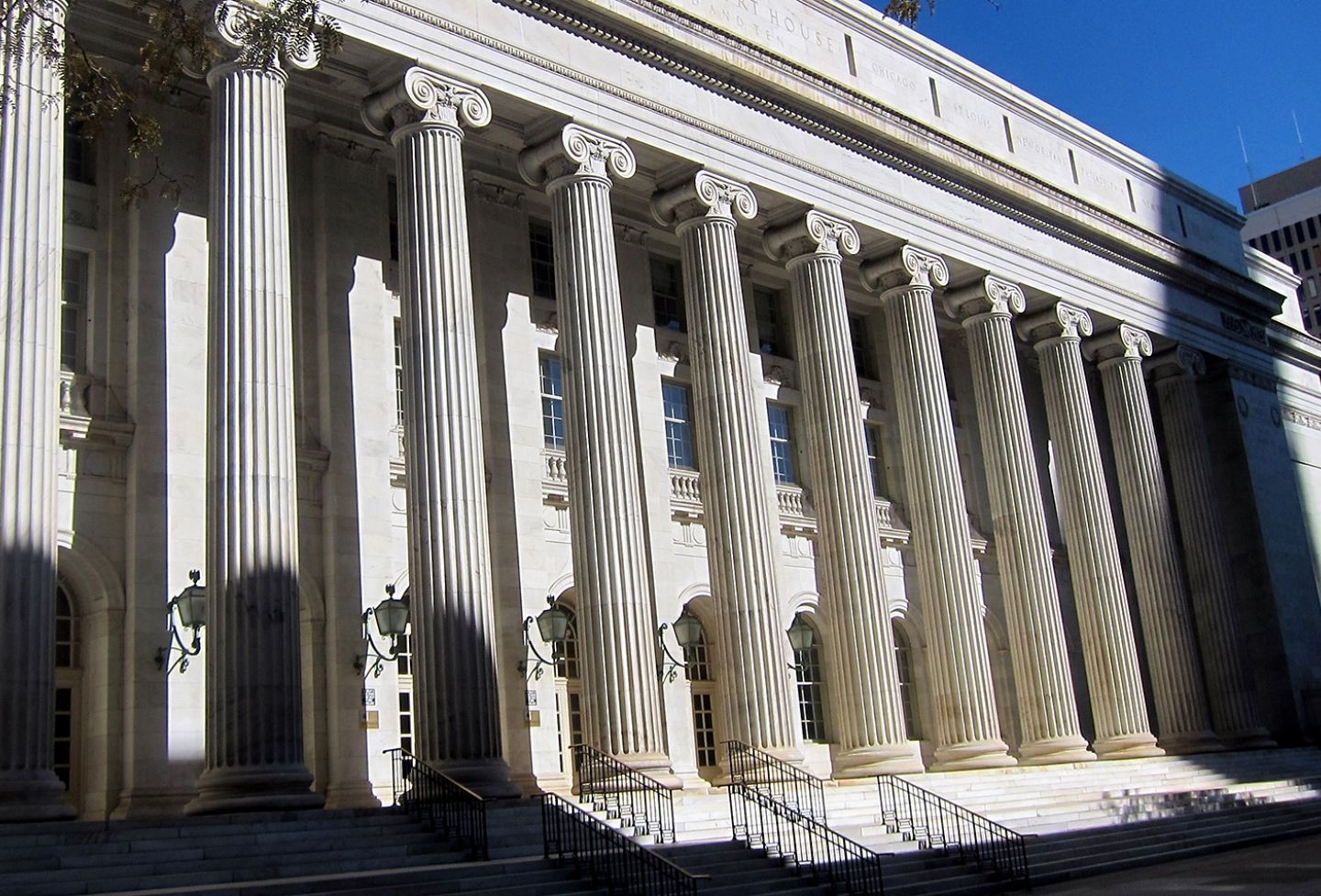Teaching ‘Race and Criminal Justice’
When we caught up this summer with Professor Kim Forde-Mazrui, who runs the school’s Center for the Study of Race and Law, he was in the midst of planning a race and gender justice-themed symposium with the Virginia Law Review, scheduled for January, as well as preparing the fall course Race and Criminal Justice, which he first taught in the spring.
The new course prepares lawyers-in-training to understand the disproportionate influence that race has on the criminal justice system.
Forde-Mazrui is co-author of “Racial Justice and Law: Cases and Materials.” He will be teaching the course for the first time with Professor Josh Bowers, an expert in criminal law who served as a public defender early in his career.
Two takeaways (among many) Forde-Mazrui hopes students gain from the course: “Race remains a highly salient matter in the criminal justice system, and judicial doctrines that purport to protect racial equality are tragically inadequate because of flawed decisions by the Supreme Court.”
One thing he himself was surprised to learn in preparing the course is that relatively few conservative scholars have written in the area of criminal justice.
“I want to present a diversity of perspectives to my students, and it’s difficult to find conservative perspectives reflected in published legal scholarship, as opposed to blogs and other brief commentaries,” he said. “I welcome suggestions.”
Bowers, a criminal justice expert with a background in public defense, said he is excited to teach the course with Forde-Mazrui, whose materials he pulled from to teach a one-week version of the course at the University of Münster in Germany.
“Kim is an exceptionally generous and kind colleague, and he has developed a rich set of teaching materials,” Bowers said. They both said they look forward to the discussions they will lead and have with each other, drawing upon their backgrounds and individual perspectives.
“My primary expertise is race law; Josh’s is criminal justice. That makes us a perfect duo to teach Race and Criminal Justice,” Forde-Mazrui said.
Judging from spring feedback, the course has already had an impact on students.
“I am so grateful I took your class in my last semester of law school, because it has changed the way I am now engaging in this new period for our country,” wrote Sarah Houston ’20 in a thank-you email to Forde-Mazrui.
Forde-Mazrui is the Mortimer M. Caplin Professor of Law. Bowers is the F. D. G. Ribble Professor of Law.
Bringing Black Voices to the Table
Professor Anne Coughlin said she has learned much from her students over the years about why diversity in the profession, the bar and the bench “is essential if we are to have any hope of achieving racial justice.”
Coughlin said it’s also critical to bring in diverse voices to teach law students. Over the years in her classes Law and Public Service, and Criminal Investigation, she has hosted U.S. Judge Carlton Reeves ’89, retired Virginia Court of Appeals Judge James W. Benton Jr. ’70 and musician Lester Jackson to offer their perspectives.
“It hurts to put a burden on our Black neighbors to help educate us, and so I am very grateful to those who step up to help us, rather than just give up on us,” Coughlin said. Jackson is a resident of Charlottesville, who records music as the artist Nathaniel Star.
During a visit to Coughlin’s Criminal Investigations class, he had students close their eyes while he donned a black hoodie and sunglasses.
“I’m still the dude sitting here in these fantastic shoes — and a bowtie,” he said. “So why does this change? And I know you had to feel something when you opened your eyes. Those are the narratives that we need to try to change.”
Coughlin’s class that day focused on the U.S. Supreme Court cases Atwater v. City of Lago Vista, about police discretion in arrests for traffic crimes, and Terry v. Ohio, in which the majority said stop-and-frisk practices were legal.
“In both of these areas, there is substantial empirical evidence that race plays a really powerful role in the policing decisions,” Coughlin told the class.
At one point during the session, which is available at youtube.com/uvalaw, Jackson reflected on the pain he will feel when he teaches his young children how to safely encounter police.
“We shouldn’t have to have ‘the talk’ with our children,” he said, then paused for several seconds, holding back tears. At the time, he and his wife had a daughter and were expecting a second child. “At some point life will show her that she’s not viewed the same and I don’t want to not prepare her for that at the same time. … But how do I rob my daughter of her innocence?”
He added, “The world will do it if I don’t.”
Coughlin has also spent significant time working to persuade local law enforcers to bring felony charges against “the torch-burning mob” after the August 2017 white supremacist rally in Charlottesville. She said her efforts to hold individuals accountable for illegal acts, separate from their exercise of free speech, are ongoing. She is also currently involved in an effort with students and a team of lawyers from Covington & Burling to rewrite Virginia’s sexual assault laws, to ensure that prosecutors don’t have to prove “force, threat or intimidation” to meet the legal definition of rape.
Coughlin is the Lewis F. Powell, Jr., Professor of Law.



